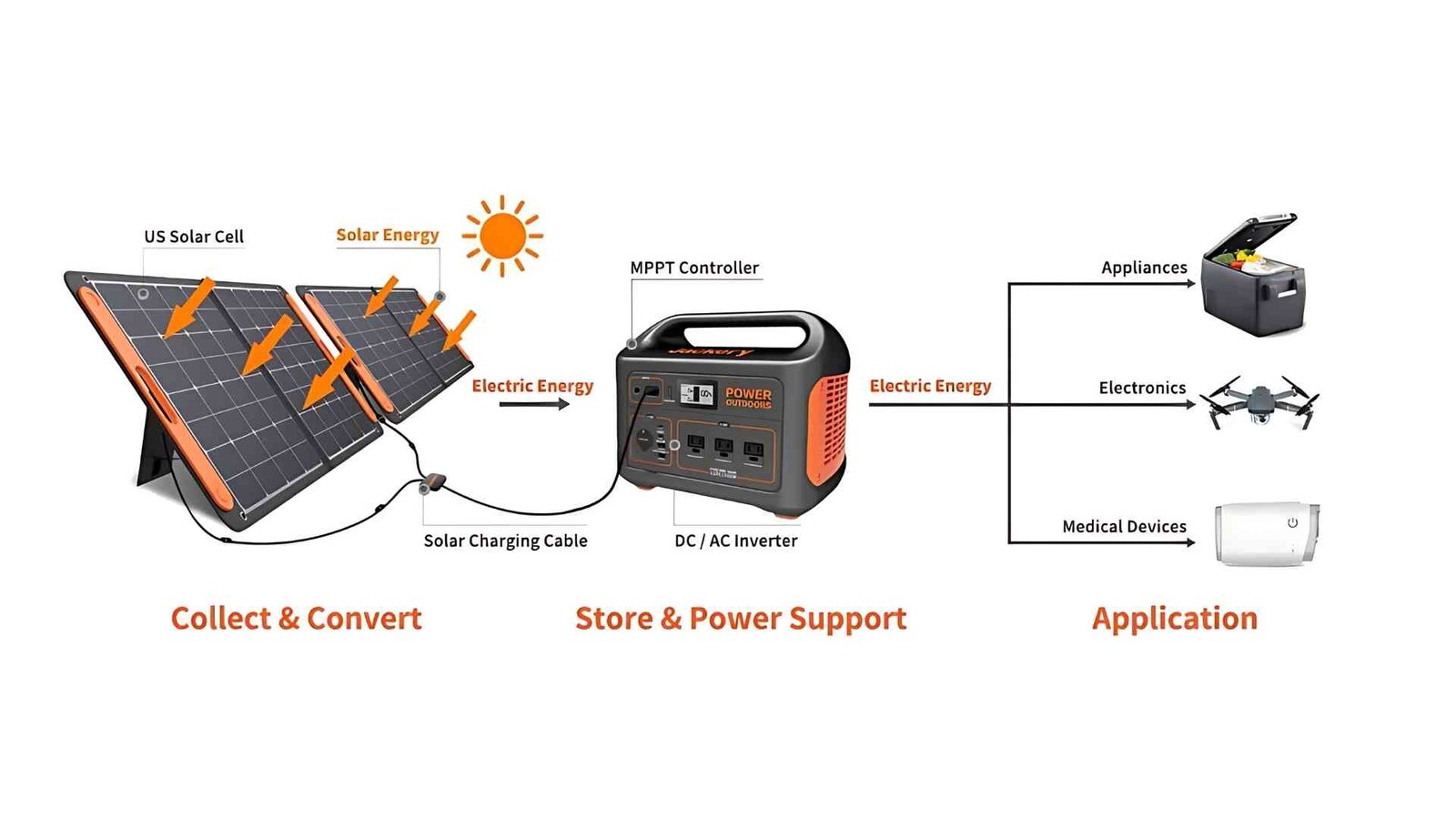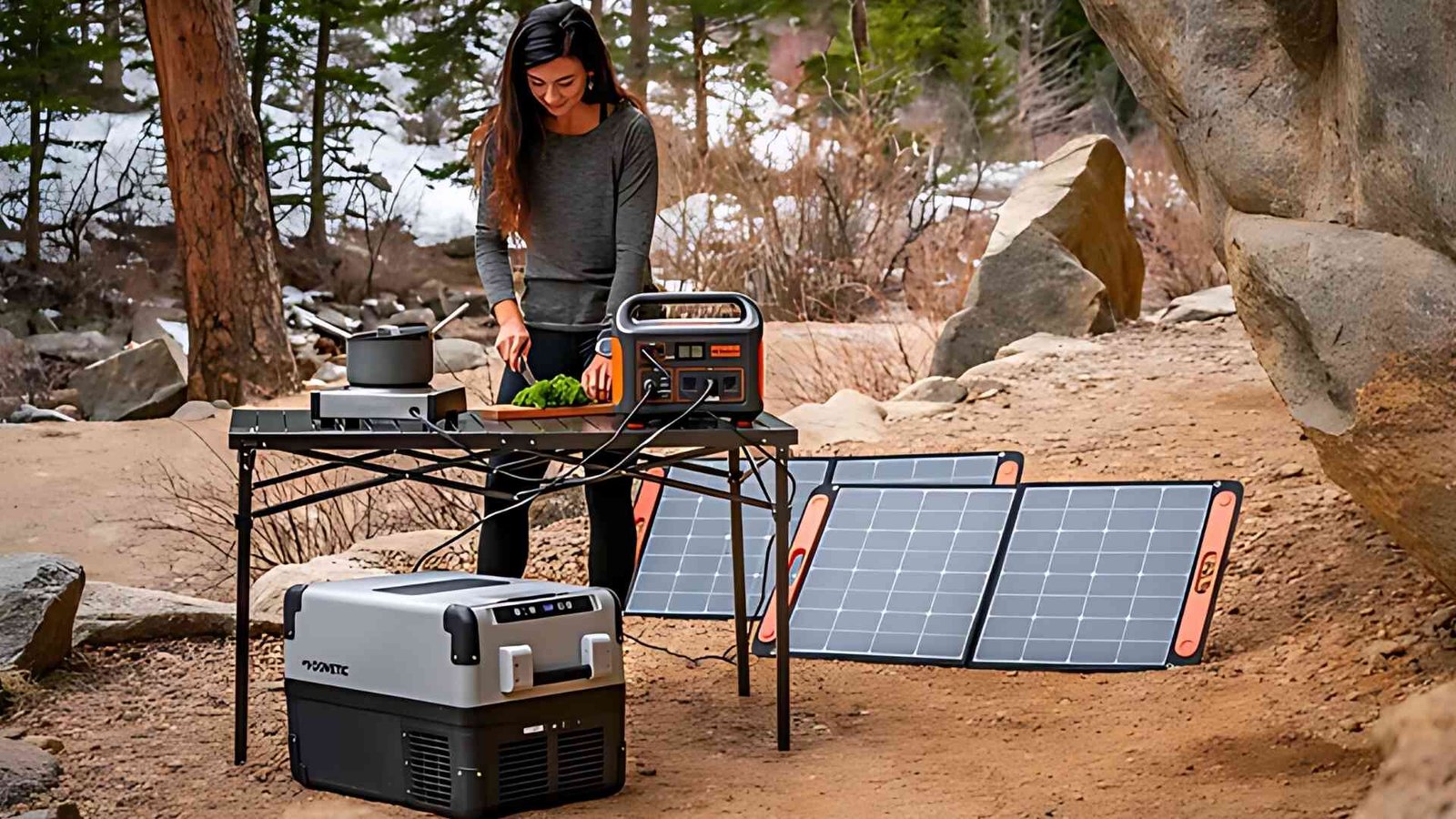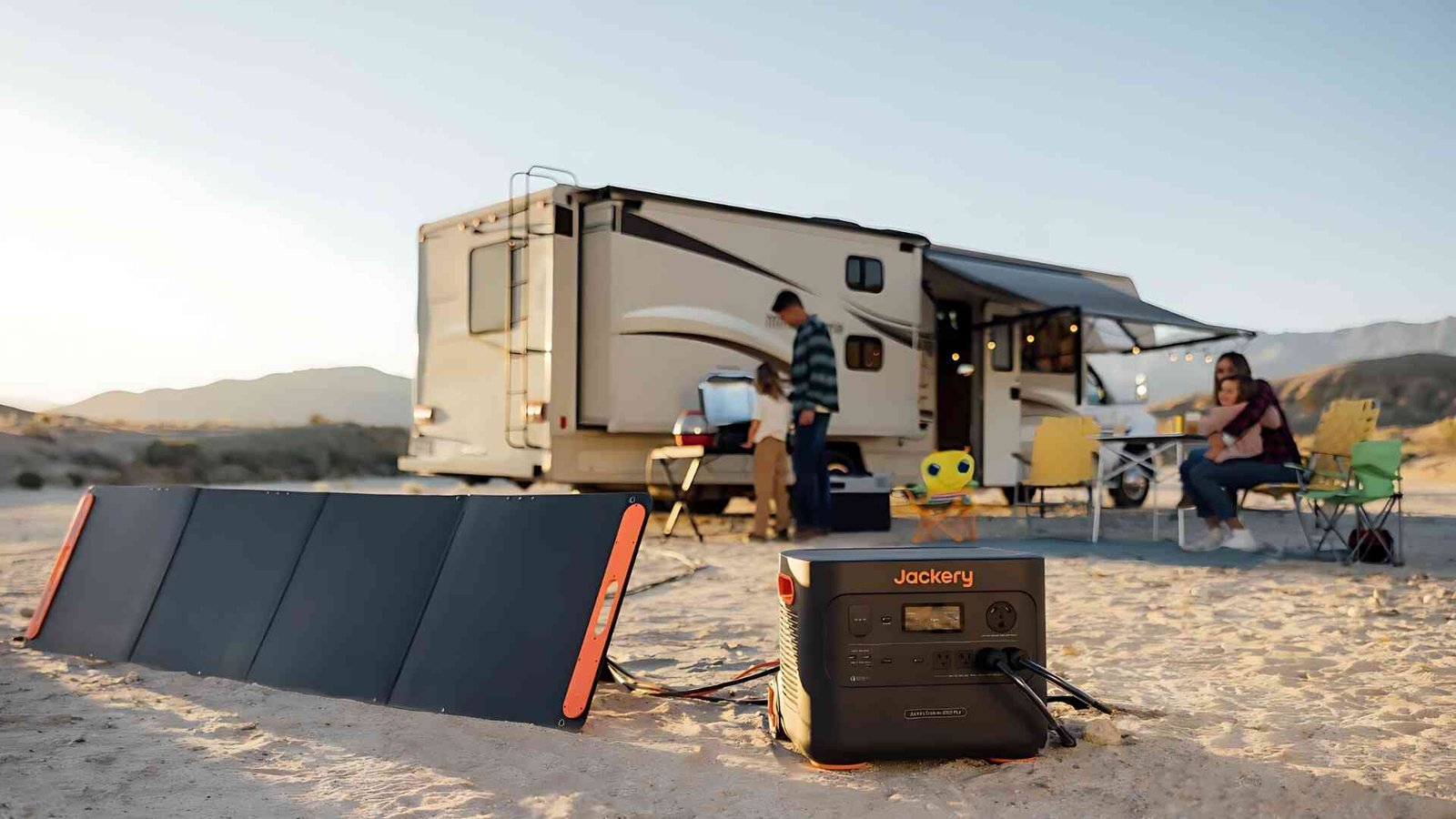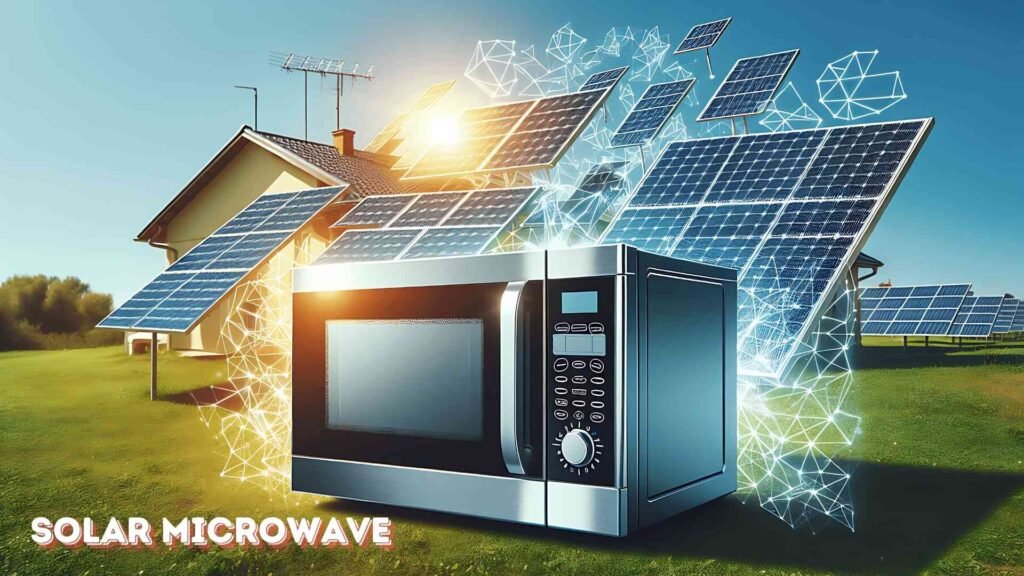Solar Microwave: How to Power Your Microwave with Solar Energy
Ever wanted to make a nice, hot dinner in your off-grid mobile home without the need for traditional electricity? Well, that may be just in order with a solar microwave. Generally speaking, microwaves-particularly high-powered ones that heat efficiently and rapidly-operate on a great amount of power. Learning how to operate a microwave using solar allows a whole new dimension of possibilities regarding living sustainably and going on off-grid adventures.
What is a Solar Microwave?
A solar microwave is aimed at being an unprecedented device that derives its energy directly from the sun. While all other microwaves take their power and energy from the electrical grid, a solar microwave draws its energy from the sun, courtesy of solar panels. It would be a perfect product for those people living in remote areas, RVs, campers, or those who want to cut down on carbon emissions.
Key advantages that accrue to a solar microwave:
Energy source: Solar microwaves make use of renewable solar energy rather than fossil fuels, thus reducing your carbon footprint.
Savings: Solar energy allows for great reductions in electricity bills since you are availing yourself of free energy.
Ideal for Off-Grid Living: These are great for areas known for power outages or for those places where electric supply is not readily available. In this case, a solar microwave could prove to be a very trustworthy buddy.
How to Run a Microwave on Solar Power
Powering a microwave with the energy of the sun requires several elements and processes. Here’s how you do it:
1. Know the Power Requirements:
Solar Microwaves are different in size, and their power usage ranges from 600-800 watts for compact machines to over 1,000 watts for commercial machines. To power the microwave effectively, you will require a solar setup that will help meet the power requirements.

2. Determine Your Solar Equipment:
There are three ways to power a microwave with solar energy:
- Rooftop Solar Panels: These are fixated panels installed on your rooftop. Solar Microwaves substantially lower electricity bills and ensure long-term investment in homes; nonetheless, they require a high upfront cost and professional installation. They are dependent again upon consistent sunlight; hence, not all locations would work out perfectly for their working.Portable solar panels will be versatile and can be used at homes and on the road. These solar microwaves are ideal for campers and RVs. Solar panels are normally weatherproof and portable. They may require additional components like an inverter and a battery for their efficient use. Their performance can be affected by cloudy or rainy weather.
- Solar Generators: A solar generator integrates solar panels along with a system of battery storage. It is portable and can work when there is no sunlight. Solar generators work quite well in powering different appliances, such as microwaves, and are somewhat costly. It requires an initial higher investment.
3. Setting Up Your Solar Microwave System:
- For Rooftop Panels: Position the solar panel on the rooftop, properly positioned to catch most of the sunlight. The panels shall be connected to the solar inverter, which will invert the DC power supplied from it into AC form suitable for the microwave.
- For Portable Panels: Place the panels in the best sun exposure and attach them to portable batteries or power stations. With the help of an inverter, take the stored energy into AC energy that your microwave can use.
- For Solar Generators: Place the solar panels in a sunny area and attach it to a solar generator. It will store the coming energy in it and will give power to the microwave when needed.

solar microwave
Comparison of Solar Systems
Type of System Features Pros Cons
Rooftop Solar Panels Fixed installation, very high in energy generated Reduced the electricity bills, adds value to the home, and eco-friendly Very high installation cost, complexity in the installation process, and weather dependent
Portable Solar Panels Mobile, weatherproof, and often foldable Ideal for off-grid use, low in maintenance, easy setup and portable Less efficient in cloudy weather, may require additional components
Solar Generators Portable includes battery storage Offers power during cloudy days or at night, clean, and quiet Bigger-sized and comparably more costly
How to Calculate Solar Power Needs for Your Microwave
- Power Used in Microwave: A microwave uses any amount of Watts, between 600 to 1500 Watts. To find out how much solar power you will require:
- Find Microwave Wattage: Check out your microwave’s Watt rating.
- Energy Consumption Calculation: Multiply the wattage with the time you intend to use a microwave.
- Example: For a 1000-watt microwave used for 20 minutes-which would be equal to 1/3 hour, it will take up some 333 Wh of energy.
- Solar Power Requirements: Basically, you’ll want a matching solar setup or higher in terms of power consumption to satisfactorily run a microwave. For example, if you have a 2160Wh capacity like that in a Jackery Solar Generator 2000 Pro, you can estimate an approximately 2-hour running time for a 1000-watt microwave.
Jackery Solar Products for Microwaves
A host of Jackery solar generators can be used to power microwave ovens. The following is a summary of features and capabilities:
- Jackery Solar Generator 3000 Pro: This solar microwave has the highest capacity of 3024 Wh, enabling it to power highly demanding home appliances, including extra-large microwaves. It comes with more output ports and provides extended working hours.
- Jackery Solar Generator 2000 Pro: Falling in the middle, this 2160 Wh generator is good enough for a standard-sized microwave. This has a very good balance between power and portability.
- Jackery Solar Generator 1500 Pro: Much would be considered highly suitable for compact to regular-sized microwaves, delivering 1512 Wh with ample power for short lengths.
- Jackery Solar Generator 1000 Pro: It is an inverter generator with a capacity of 1002 Wh. It is suited for smaller and lower-wattage microwaves and gives good power for compact needs.

solar microwave
Closing Thoughts
The solar microwave will be the best option, not only for home use but also outdoors in times when fuel costs are on the rise or an increase in electricity prices. Connecting the appliances to the solar panel directly can be cumbersome; hence, the usage of solar generators provides an easy and efficient solution. Jackery’s line of solar generators offers a reliable, clean energy supply for many appliances, including microwaves.
You gain the convenience of a microwave by using the power of the sun and minimizing your environmental footprint, which in turn can help save money on energy consumption. Consider signing up for news about solar-powered solutions with Jackery’s newsletter for the latest products.



















